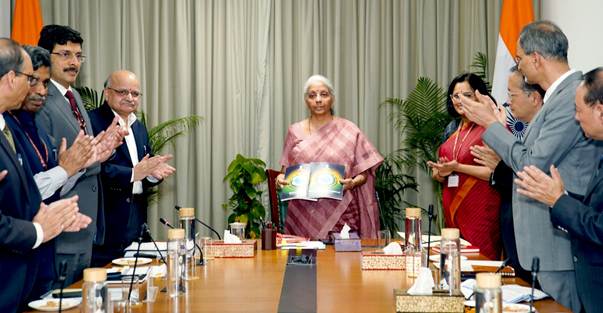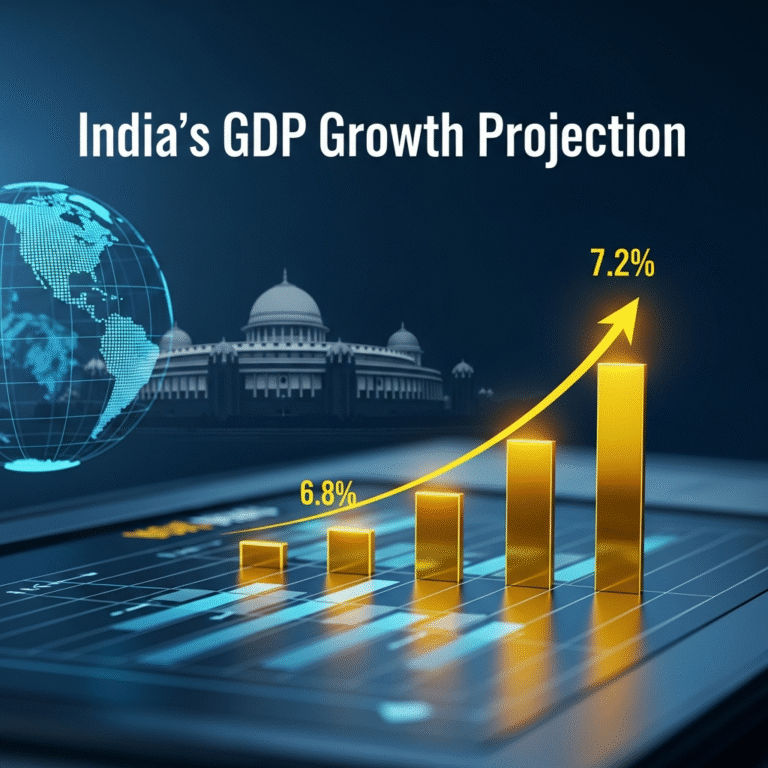
New Delhi. The Ministry of Consumer Affairs, Food and Public Distribution has confirmed a significant victory for digital consumer rights. Twenty-six leading e-commerce platforms have formally submitted self-declaration forms, pledging to eliminate deceptive design practices known as “Dark Patterns.” This collective action marks a crucial milestone in India’s ongoing battle to curb manipulative online tactics that mislead or coerce customers.
Industry Leaders Commit to Compliance
The list of compliant platforms includes major industry players such as Flipkart, Blinkit, Swiggy, Meesho, BigBasket, and Reliance. By submitting these declarations, these companies confirm their adherence to the “Guidelines for Prevention and Regulation of Dark Patterns, 2023.” They have conducted thorough internal self-audits or engaged third-party auditors to identify and remove any manipulative user interface designs.
Specifically, these 26 forums have declared their platforms free from Dark Patterns. They have assured the government that they do not employ deceptive strategies to influence consumer behavior. The Central Consumer Protection Authority (CCPA) welcomed these proactive disclosures. The authority further encouraged other digital platforms to follow this example of self-regulation. To ensure transparency, the CCPA had previously directed these companies to upload their self-audit declarations directly to their websites for easy public access.
Understanding the Threat: What are Dark Patterns?
The government’s 2023 guidelines identify 13 specific types of Dark Patterns that plague the digital marketplace. These include:
- False Urgency: Creating fake scarcity to rush purchases.
- Basket Sneaking: Adding unrequested items to the cart.
- Confirm Shaming: Using guilt to force a user’s choice.
- Forced Action: Compelling users to perform unintended actions.
- Subscription Traps: Making it difficult to cancel services.
- Drip Pricing: Revealing hidden costs only at the final payment stage.
Other identified patterns include interface interference, bait and switch, nagging, misleading advertisements, trick wording, SaaS billing, and rogue malware. These practices violate consumer autonomy and distort fair market competition.
Government Oversight and Consumer Education
The Ministry stated that it is actively educating consumers to recognise and report these deceptive practices. Initiatives include the National Consumer Helpline (NCH), social media campaigns, informative videos, and outreach programs. The government systematically addresses complaints regarding these patterns and considers enforcement actions where necessary. The CCPA reiterated that it is closely monitoring the digital ecosystem for violations and will not hesitate to take strict action against non-compliant platforms. This strong stance ensures that the Indian digital marketplace remains fair, transparent, and safe for all users.





